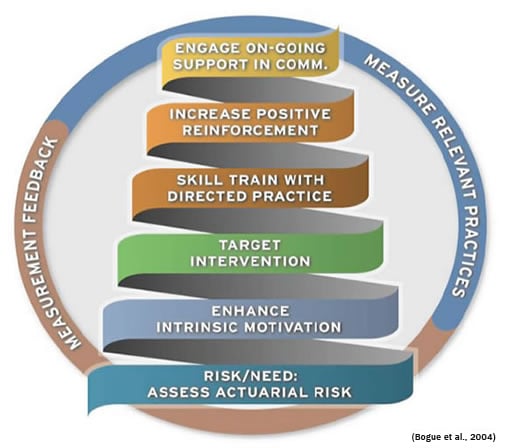This is the 4th of a 12 part series on Evidence Based Principles. Subscribe to our blog and get the series delivered right to your inbox.
Principle 2: Enhance Intrinsic Motivation
Which of the two statements feels more inspiring to you?
- I have a good relationship with my son again
- I haven’t been incarcerated for six months
It is critical to understand that there are two different types of motivation. Most offenders come to us motivated to “stay out of prison” or “not use drugs.” While both are admirable goals, it is vital to help the client tap into what they are motivated FOR. There is a significant difference between being motivated to say “no” to something and being motivated to say “yes” to something. In general, motivation to achieve something (e.g., be a better parent) is stronger than motivation to avoid something (e.g., stop using drugs). After all, getting up every day to work toward something is much more inspiring than getting up with the hope of avoiding something. Help the client define WHO THEY ARE vs. WHO THEY ARE NOT.
Read More






